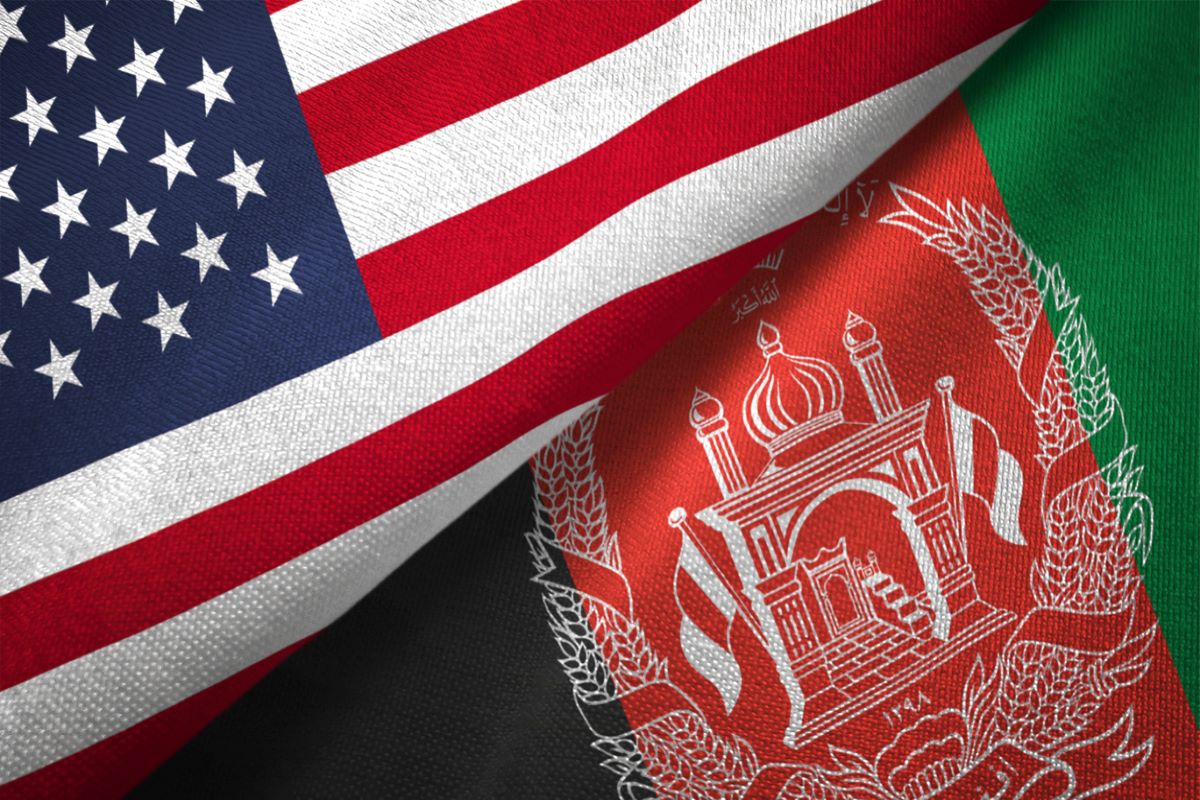Afghanistan, in dire financial straits, has urged the US Congress to ease sanctions and release the embattled country’s assets to cope with the raging economic turmoil. The situation is dire considering the foreign minister, Amir Khan Muttaqi’s claim that withholding the frozen assets is harming the people, their patience sorely tried after years of chaotic instability.
The people are being harmed in the crucial spheres of public policy, i.e. from health to education, not to forget the other sectors of welfare economics. “American sanctions have not only played havoc with trade and business, but also with humanitarian assistance,” he said in an open letter to US lawmakers. His comment on the economic situation coincides with the World Food Program’s caveat that millions of people in Afghanistan have been driven to penury. An estimated 8.7 million people in the country are at risk of facing what he called “faminelike conditions”.
Advertisement
The state of affairs can only get worse if an estimated 14.1 million people are facing acute food insecurity. “It is quite surprising that with the announcement of the new government, the administration of the United States of America slapped sanctions on the assets of our Central Bank,” the Afghan foreign minister said. “This goes against our expectations as well as the agreement reached in Doha”, Mr Muttaqi’s letter stated, although it is clear that the Taliban has not met the commitments it made in Qatar.
Over the past three months, the Taliban has conveyed the impression that it is floundering in search of its moorings and the “fundamental challenge” is financial insecurity. “And the roots of this concern lead back to the freezing of assets of Afghanistan, and this cannot solve any problem.”
Considering the enormity of the crisis, it devolves on Congress, pre-eminently President Joe Biden, to intervene and bail out Afghanistan, but equally on the Taliban to ensure it adheres to the promises it had made. The issue is bound to be buttressed at the third ministerial meeting scheduled to be held in China early next year. The Taliban government will be invited to the meeting and it is significant that Pakistan’s foreign minister, Shah Mahmood Qureshi, has urged the comity of nations to recognize the reality that the war in Afghanistan has ended and the hardline group is in power.
It is likely that the participants at the meeting will include China, Russia, Iran, Pakistan, Tajikistan, Turkmenistan and Uzbekistan. The Taliban were not invited to the earlier meetings on 8 September and 27 October as the regime in Kabul lacked international recognition. That recognition is now the pivotal issue on which will hinge geostrategies. It bears recall that in 1996, when the Taliban first came to power in Afghanistan, neighbouring Pakistan was the first country to recognize the decidedly theocratic government.
This time, however, the Pakistan economy is stuttering with a reported debt burden of $ 100 billion. Islamabad will think twice before antagonizing the West by recognizing Taliban rule.









